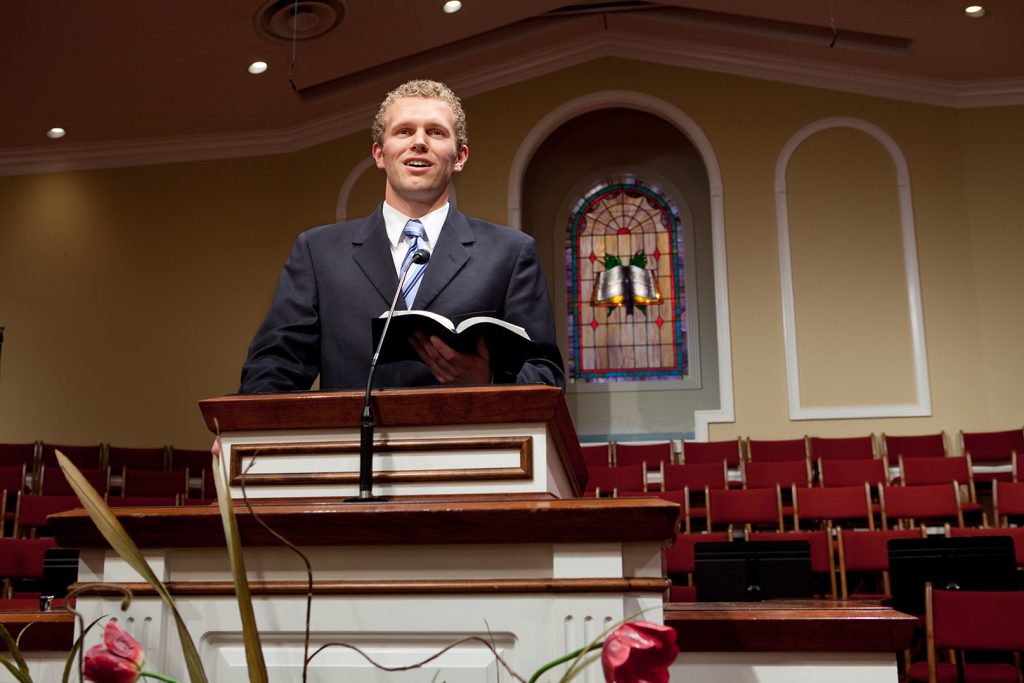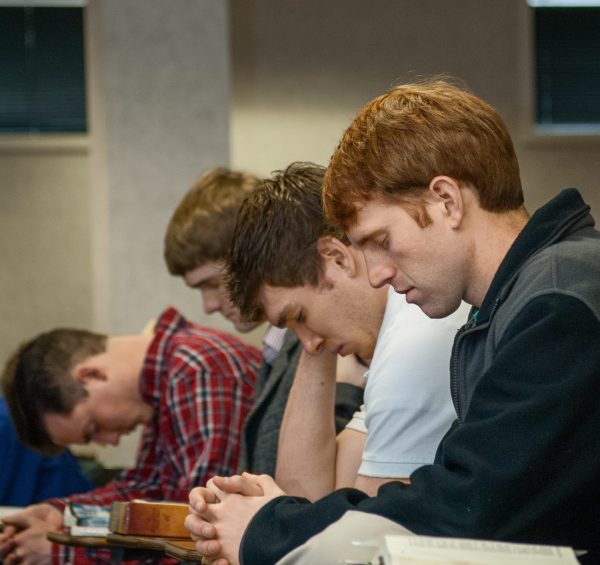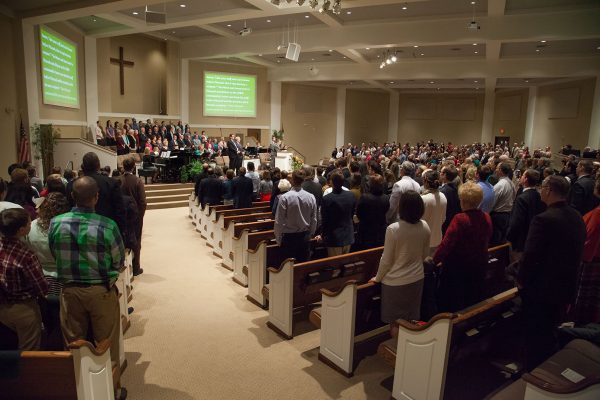Throughout the long history of the church, her Lord has consistently called, equipped, gifted and established in her midst those men whom He appoints as shepherds to lead and feed His flock.
The imagery associated with this process involves the use of shepherding terms. And that metaphor had significant and robust meaning for a first-century believer.
However, in our day, while those images remain, we must work a bit harder to grasp the fullness and the richness of the tapestry Jesus and the apostles intended to evoke in the mind of the readers of that instruction.
To be sure, at the core of the illustration of shepherding God’s flock lies the physical shepherd, his duties and the physical relationship to the physical sheep over which he cared. Things like guiding, providing, protecting, leading and caring for his sheep are certainly part and parcel of the rich imagery behind this metaphor.
And beyond the duties of shepherding lies the desire of a good shepherd, whose heart felt a certain way toward the sheep—a love and affection.
And all this rich imagery is intended by Jesus to inform and shape our understanding of what it means to be a shepherd over God’s sheep, His church.
However, because we live in a context far removed from that of a first-century agricultural economic model of society and culture, one may not inherently grasp that there is more to this metaphor.
The ancient world viewed the political and social structure of the day through this metaphor. Kings were depicted as shepherds and their subjects as sheep. Kings ruled over the people as shepherds over a flock. Kings provided guidance, protection, provision and identity for their subjects.
One interesting example from Egypt is one of the symbols for Pharaoh’s office—a shepherd’s crook.
We too are the “sheep” of a particular Shepherd-King. We follow His words. He provides pasture and food for us. He leads us and guides us in the way we should go. He protects us from danger and enemies by fighting for us. He opens up new and better pastures for us—often by seizing other lands and expanding borders.
So shepherds were rulers over their people, and a people was identified by its king. In other words, the identity of a sheep resided in his relationship to a particular shepherd.
In the ancient world, there was no such idea as a lone or independent sheep. To be a sheep or a flock without a shepherd was death. Equally disastrous was to be a flock with an evil or a worthless shepherd.
Shepherds were also identified by their sheep or flocks. They were to live for the flock and rule and govern with the good of the flock in view.
This metaphor of shepherd is a rich and robust image of a leader over God’s people.
So how does a man attain to such an office?
Clearly such a man comes to such a position differently than earthly rulers.
- First, God gives gifts to men (Eph. 4) and places some of those gifted men in His body to lead, advance, oversee and feed it spiritually.
- God calls men to these positions (Rom. 11:29).
- God sets men apart for His ministry (Rom. 1).
- Certain men are called to specific kinds of ministry in the body—apostles, prophets, evangelists, pastor-teachers (Eph. 4).
How do other believers recognize such men?
- There must be a compelling desire for it (1 Tim. 3:1). Note—this does not mean there is no fear, dread or reluctance to do it. It means there is a compelling sense that God is calling that man to this role.
- There must be clear qualifications for it (1 Tim. 3).
- There must be a devotion or commitment to it.
- There should usually be preparation for it.
- There should be a recognition of the gifts for it.
For men to rise up in this role is crucial for the health of the church.
God has not just called these men and given them gifts, but He has given these gifted men to the church for the advancement of His Gospel and for the building up of the body (Eph. 4:12). When these shepherds fulfill their duty to the flock, they are contributing to the glory that God intends to display through His church when it is properly developed and functioning. Each minister whom God has supplied to the body, when effectively working, results in a church body’s being built in love (Eph. 4:16). And this church, when led in truth and love, will result in a body that displays the manifold wisdom of God and puts the heavenly beings in awe (Eph. 3:10).
Let this plan that was hidden in God from the beginning of the world (Eph. 3:9) now be passionately proclaimed by those called to ministry as they take part in God’s glorious work.








